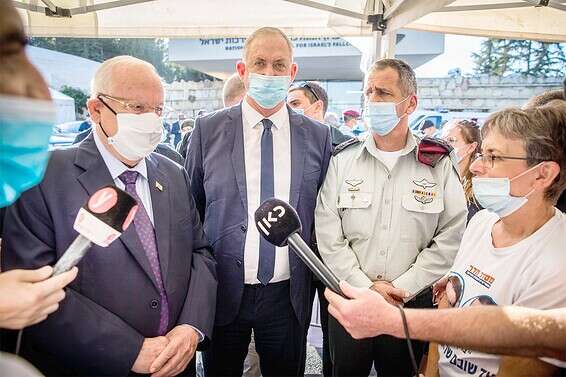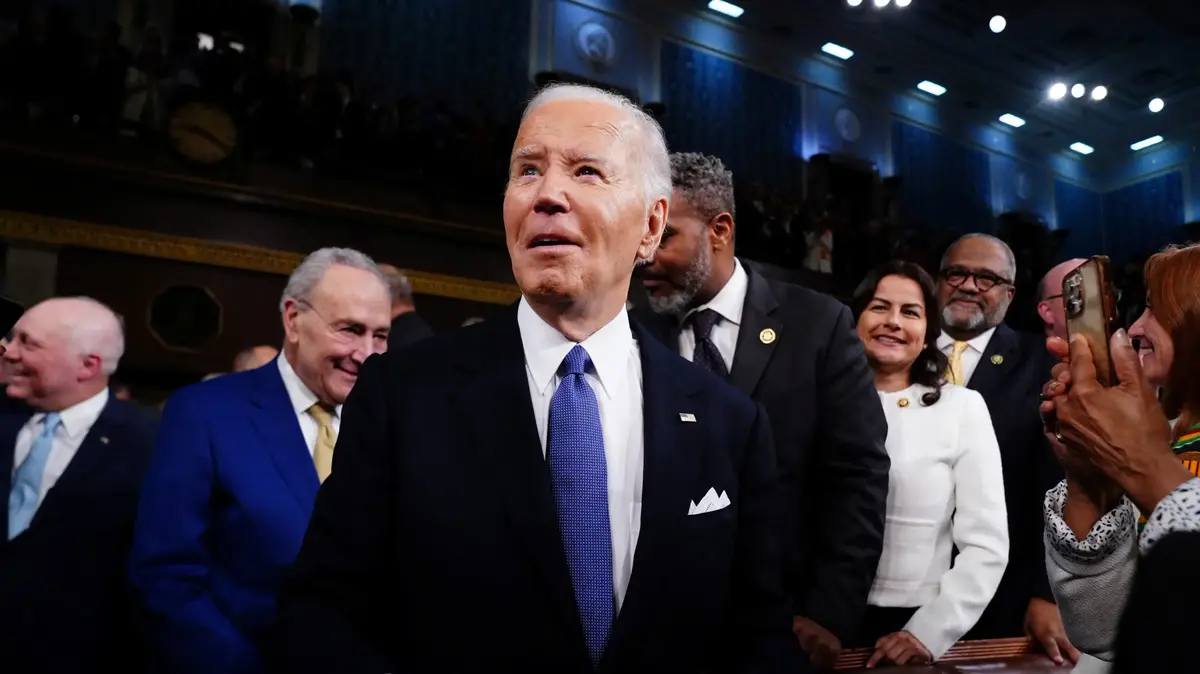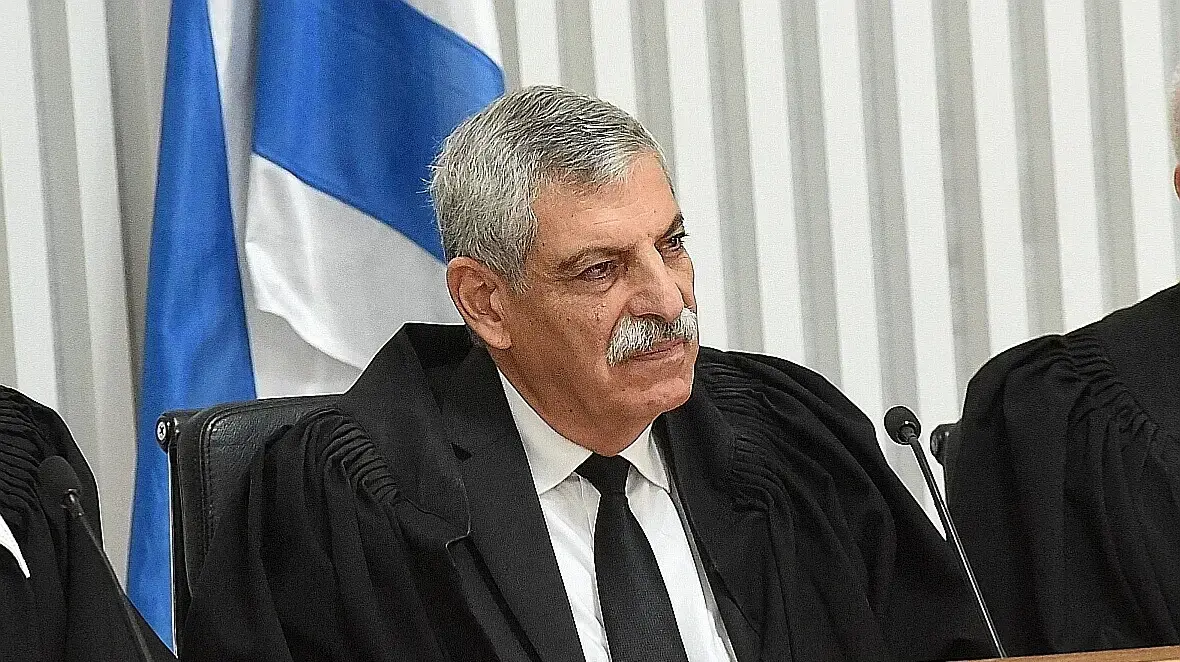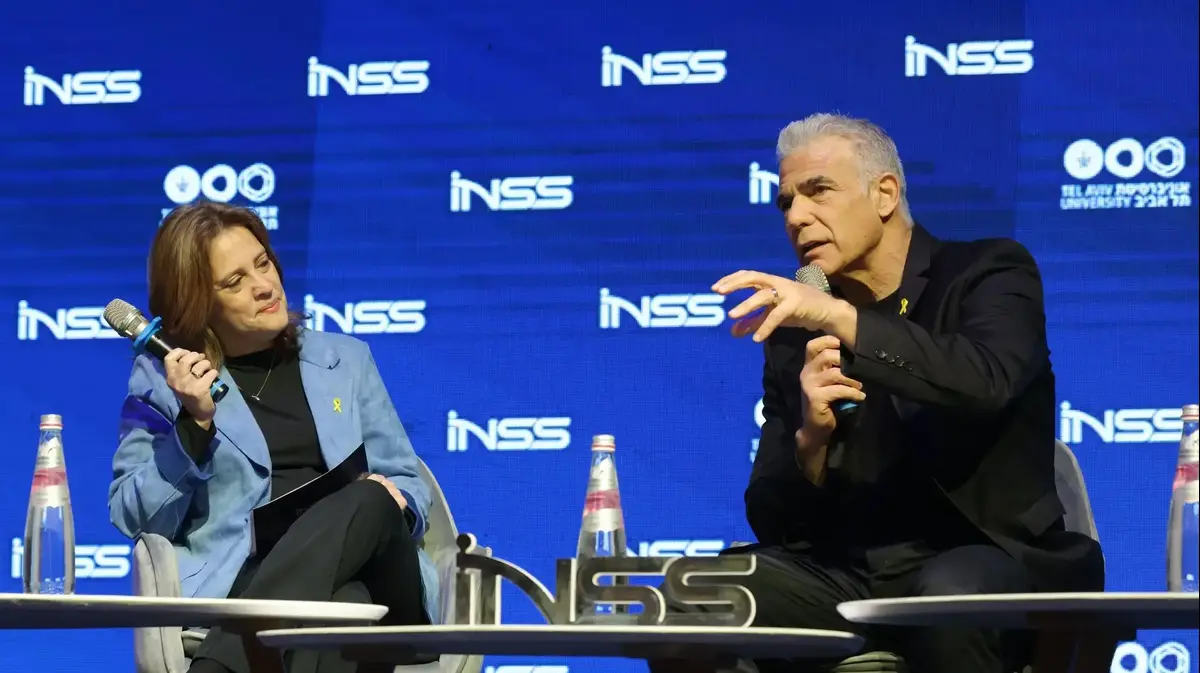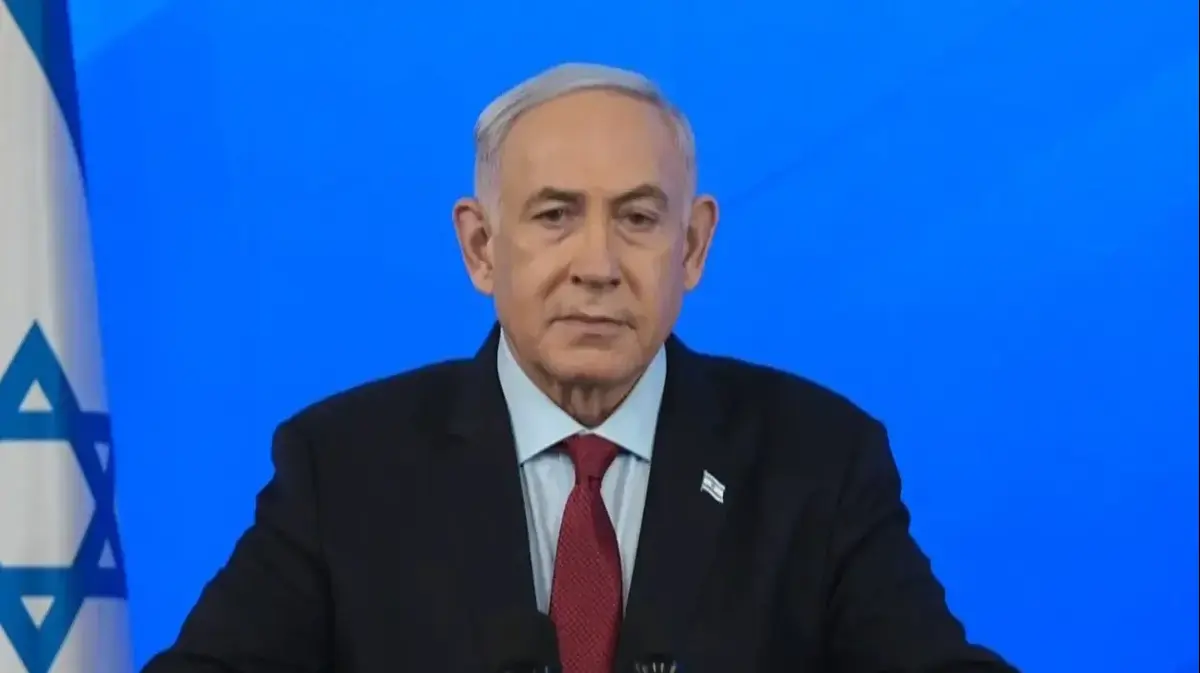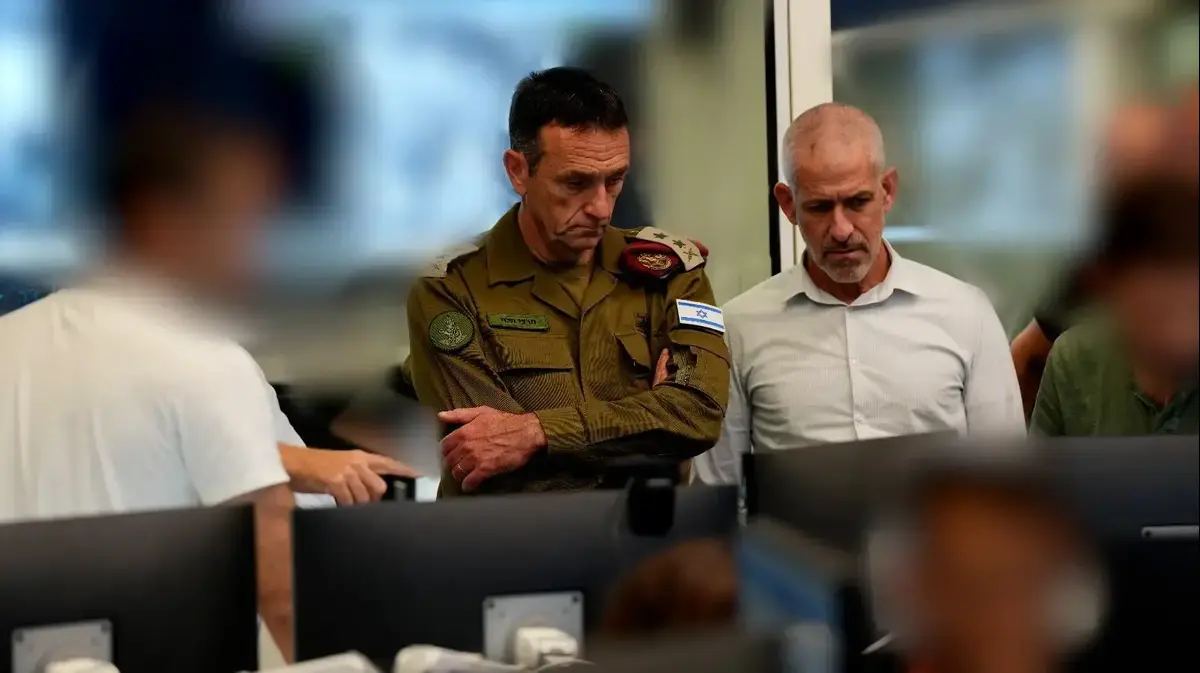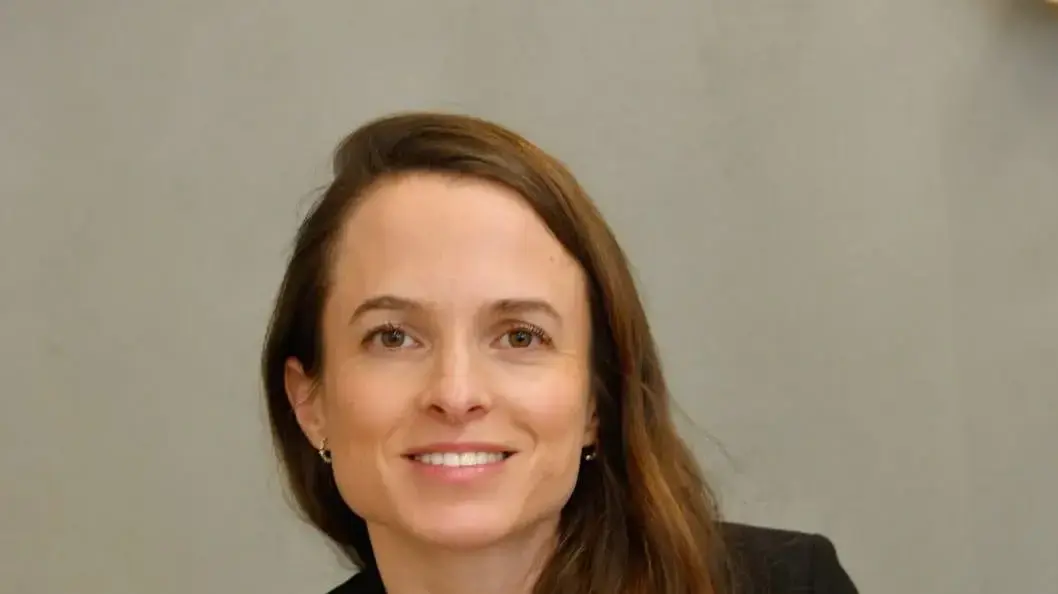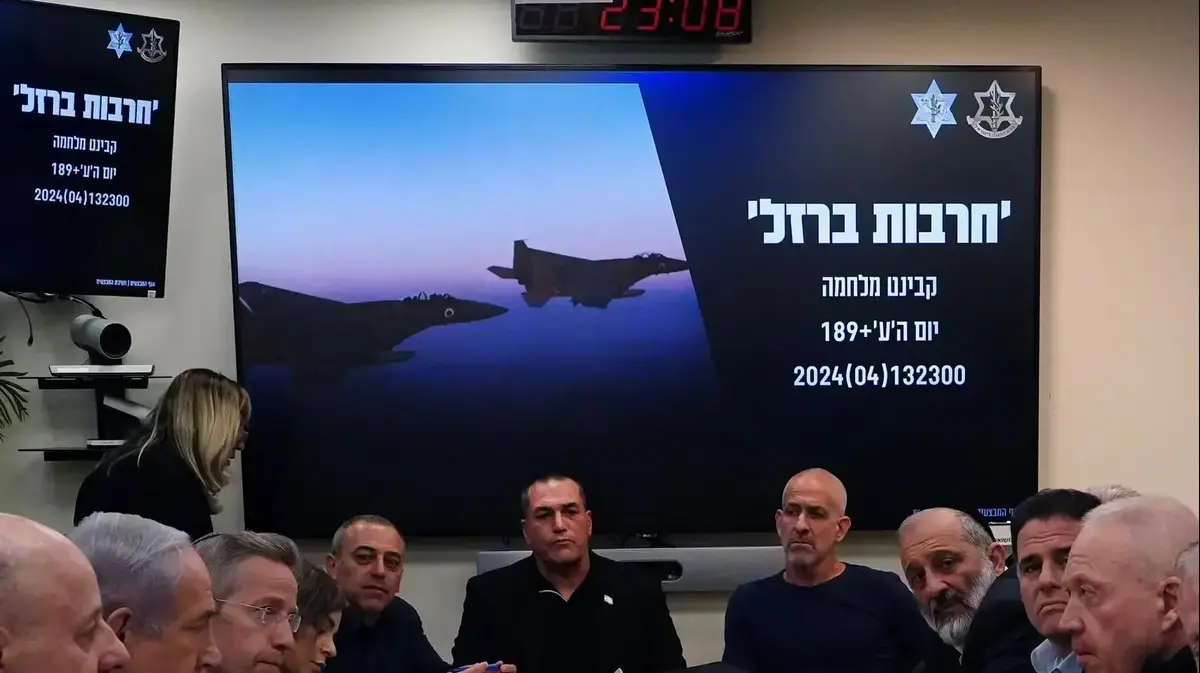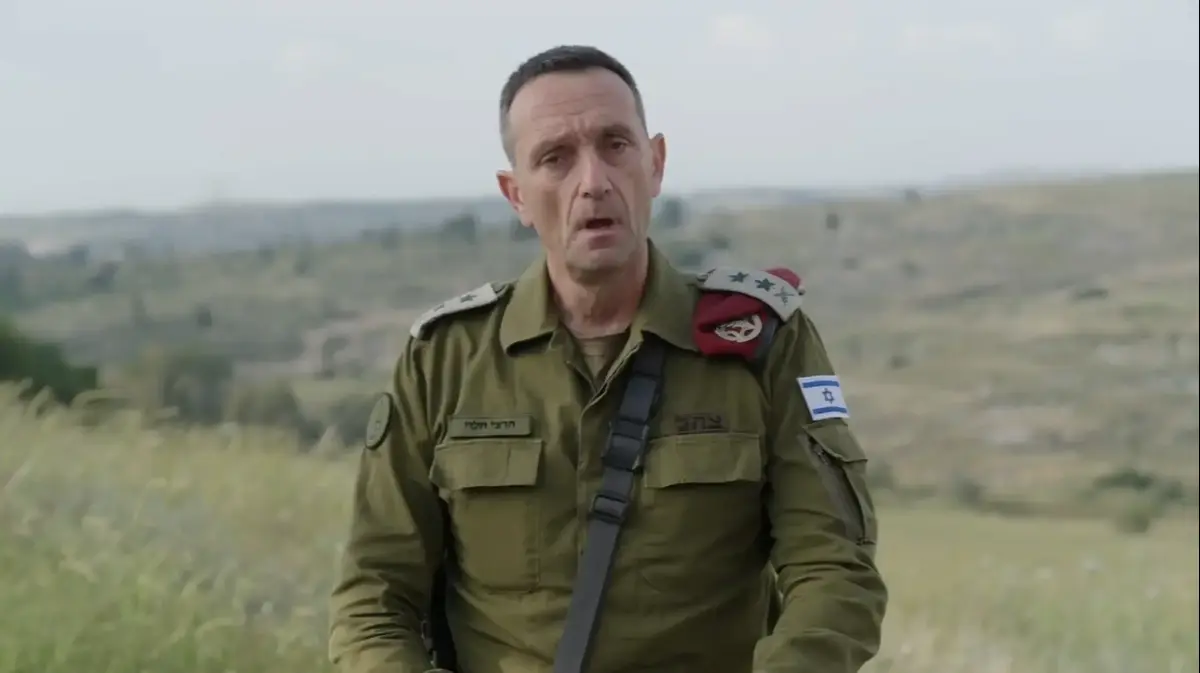Two years into office, the one who came to the chiefs of staff is busy with plans - encounters four election campaigns, three defense ministers and one corona • But when the Judiciary is bubbling and the public's trust in the army is cracked, the people of Israel need a beacon to keep an eye on
Has done quite a bit of what he planned, but McTergio claims he "doesn't go all the way".
Lt. Col. Aviv Kochavi
Photography:
Oren Ben Hakon
On Monday this week, Chief of Staff Aviv Kochavi received the results of the annual survey conducted by the Israel Democracy Institute to examine public trust in various public institutions. "Sucks," he responded, when he saw that trust in the IDF fell by nine percent in 2020 compared to the previous year. .
Kochavi attributes the decline - the lowest figure since 2008 - to the general atmosphere during the Corona period.
The survey, he was told, was conducted in October, when Israel was in the midst of the second closure.
This is partly accurate, because the survey was conducted in two stages, the second in October, but the first in June, when Israel was in the midst of the glacier after the first closure.
The IDF should therefore look for the explanation elsewhere. Or elsewhere. There are quite a few possible explanations: the general decline in public trust in government institutions, which was exacerbated during the Corona period; the harsh criticism suffered by generals who joined politics, and failed; the fact that the IDF has been used for years A punching bag for everything, sector and interest;
The lack of wars, which by their nature create a consensus (this is a paradox, no less: the silence that the IDF produces for Israeli society undermines its trust in it); and the IDF's unimpressive treatment of a variety of issues, from women, through ultra-Orthodox affair.
It would have been expected of Kochavi, if he had really been "upset" by the figure, to announce later that evening that he was convening the General Staff Forum for an urgent discussion on the subject, and that he intended to set up a dedicated team that would be his job.
If he wanted to expand, he had to turn to military servants and their families, and ask for their help.
After all, the IDF has nothing more important than the public's trust in it: it is a more important resource than any weapon or intelligence information.
"Thinking and debating, this is a pattern." As of the
time of writing, the chief of staff has done nothing.
One of two things: either he does not see a problem with the figure, and it is disturbing, or he does not know what to do - or is afraid to do what should be done - and it is no less disturbing.
The only thing that has been done is the IDF Spokesman's response to the report, which states that "the IDF will continue to do everything in its power to strengthen and preserve the trust placed in it, for all that this implies." This announcement is no less disturbing: the public is entitled to a little more A detail from the pile of words is meaningless "for all that it implies", and especially - if the IDF does "everything it can", and these are the results, then it is worth wondering about the ability, or who is responsible for it.
"The chief of staff had a golden opportunity here to knock on the table, and he missed it.
He missed again, "a senior officer, who is one of Kochavi's fans, said this week." Instead of responding and doing the right thing, immediately, he sits and thinks and deliberates and consults.
This is a pattern for him. "The
deliberations accompanied Kochavi even when he learned of the loud demonstration, accompanied by shameful insults, near the family home of the IDF space, the late pilot Tam Farkash. Friends advised Kochavi to respond immediately: pick up the family phone and post a message "Who would want to send his son to combat service if they were treated that way at the end," they said.
But Kochavi hesitated. He labeled the event political, and did not want to get caught in a storm. Only after receiving criticism, and a day late, did he issue a message, Which, as usual, was valuable and accurate, only it lacked two words: Tam Farkash. A
existential flick-
star closes this weekend two years into his tenure.
Becomes a record, assuming (reasonable) that he will get another year, fourth in office.
He reached out to chiefs of staff laden with ideas, intentions and plans, but reality had plans of its own. His term is overshadowed by four election campaigns, three defense ministers, one corona and zero budget. In an organization in need of stability, the chief of staff is required to function in constant chaos.
If you ask Kochavi, his tenure so far has been very positive.
Despite the problems - especially the corona, which overshadowed everything - he managed to do quite a bit of what he had planned.
His multi-year plan, Tnufa, is, in his opinion, a resounding success story.
Its realization, he says in closed conversations, exceeds all expectations.
Just this week he devoted four hours to the issue of digital transformation.
The results overshadow even the most optimistic forecasts.
Kochavi and Gantz with President Reuven Rivlin and Leah Goldin (right) // Photo: Oren Ben Hakon Quite a
few of his officers disagree with him: Some believe that momentum is conducted without authority because it was not approved by the cabinet And the Minister of Defense, who confirmed), and most importantly - that she does not correspond with reality and with needs.
In their opinion, the chief of staff had to make adjustments to it, especially in light of the challenging budgetary reality, and not "walk with his head against the wall." The
issue of the budget is very challenging for the IDF, its commander and its plans.
He had to draw resources from the threshing floor and the winery, and make a daily flick to survive.
This is true of all government ministries, and yet in the IDF things are more sensitive, mainly because of its need to carry out long-term processes.
An example of this is the fact that despite the urgent need, the four major procurement deals of refuelers, armaments, transport helicopters and another squadron In the case of the refuelers, this is an essential operational need: those who want to attack Iran, for example, will be required to refuel to ensure that the pilots also return home. In the case of the helicopters, it is life-saving: the stormers are over 50, and engineers have warned that their lives have been extended. And they will reach the end in 2025. In order to have a replacement, they had to decide and order long ago. Every day that the Israeli government waits, endangers human lives and harms national security, no less.
This week the General Staff heard optimistic voices that the issue might be resolved and deals approved.
These are, it will be recalled, transactions financed by the money of the American taxpayer, not the Israeli one.
Although the IDF will need bridging loans, it will pay the interest on them. So why is the business delaying? Because politicians had more burning things, and the IDF did not fight.
From the categories of the stars of the sky point the finger exactly at this point: that he did not fight.
Does not go all the way, even on issues he believes in completely.
Thus, he is convinced that the additional cuts in the regular service should not have been allowed (for 30 months), but the reality did its thing, and so did the transfer of the Intelligence Division to the Negev - the decision was made "(Which has quite a bit of flavor) that without the right conditions, the" stars "- especially in the cyber world - will retire in favor of much more luxurious conditions in high-tech.
But the most prominent example of the chief of staff's avoidance was in Corona.
In the beginning, he had to recognize that Israel was at war - and attack the enemy.
Instead, he recognized that it was a minefield: the confrontation between Prime Minister Netanyahu and then-Defense Minister Bennett caused him to descend a back slope.
Although he wrote a letter and offered to help with a variety of issues, it was too little, too late and too polite.
Kochavi may have wanted to avoid politics, but he acted like a politician.
In this unprecedented crisis - functional and leadership, and as a result also economic and social - he had to take the lead and take responsibility.
It was his golden opportunity to shine in the general darkness, and he missed it.
The loss, by the way, is not only his, but also ours;
With the IDF at the helm, the handling of the crisis in its early stages was better, and public confidence was much higher - even in the IDF itself.
Tensions in the North have not calmed down
Kochavi would have preferred to put the emphasis of his tenure so far on the structural changes he is leading: in the land arm, in technology and in the worlds of intelligence and targets.
The operational side demands quite a bit of attention from him, but bothers him less: Israel currently enjoys unprecedented superiority in all arenas, and almost complete freedom of action.
Evidence of this was given this week in an attack attributed to Israel (the fourth in the last month) of Iranian establishment, infrastructure and armament targets in Syria, as well as in recent events in Gaza.
Data on casualties, terrorist attacks and rocket launches also indicate significant calm, superiority and deterrence.
Hezbollah is wary of escalation.
Lebanese residents watch Metula // Photo: Eyal Margolin - Ginny
But these figures can be intoxicating, and lying.
The number of terrorist attacks is rising. The luck is that the GSS, together with the IDF and the Border Police, is able to carry out significant assassinations.
Kochavi knows that he will never be resilient: at any moment, an attack may burn that will burn the territory, and what Palestinian terrorism will not do, Jewish extremists, who have recently raised their heads, may do.
Here, too, the chief of staff was expected and significant statement more profound, and not just follow the commander of the Golani Brigade's reconnaissance battalion attacked Samaria.
The main criticism within the army chief of staff actually suffered after a relatively successful event - the prevention of the attack Hezbollah to carry out the post gladiolus in response to the killing His activist at Damascus airport last summer.
The IDF followed the terrorists as they climbed Mount Dov, and could have killed or captured them. Kochavi (and Defense Minister Ganz) decided to release them on their way, to avoid escalation.
Many in the IDF, including senior officials, criticized the lack of contact.
Kochavi has a different opinion, and he seems to have been right: from a distance of six months, Hezbollah has not been able to charge Israel a price, and is now careful not to act so as not to be dragged into an escalation.
It is incomprehensible that tensions in the north have calmed down completely, but Israel has handled this crisis correctly, and emerged from it with a hand on the top (for now).
As mentioned, the IDF has not been able to leverage these successes into public credit. In other matters in which there was credit, and in abundance, it was not a partner, chief among them the normalization agreements from which the army and its seniors were completely barred. : These are state affairs, in which security issues are critical.
Those who do not trust the chief of staff should not exclude him, but replace him with someone he does trust.
But Kochavi is not a table turner. He comes in handy. There are many advantages to this, but the latest survey shows that the public wants more. Citizens want a lighthouse to which they can The political system is light years away, and the other public systems are full of problems and desperate for repair. In this reality, the IDF is required to stand out, with the chief of staff at its head. The stars have all the data to do that, and two more years to decide if it really matters. His life.

